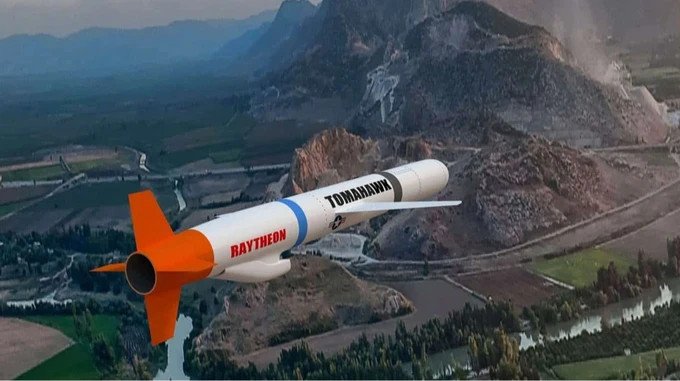A major pollution incident has been recorded in the Kola Bay, where traces of oil products are clearly visible along the shoreline. Murmansk mayor Ivan Lebedev reluctantly acknowledged the leak, even as Russian state media continue to ignore the event. Independent observers note that the incident poses risks not only to the environment but also to public health. Local reports show visible slicks along coastal areas.
Shadow tankers linked to the leak
Environmental activists point to the involvement of a so-called “shadow” tanker in the spill. Over the past few months, more than 30 such vessels have operated in Murmansk. These ships are typically old, poorly maintained, and lack proper insurance or certification. They are widely used to circumvent sanctions and carry Russian oil through covert routes, raising concerns over their safety and environmental impact.
Rising pattern of oil accidents
The Murmansk spill follows a similar large-scale oil discharge recently documented in the Black Sea, underscoring a growing pattern of accidents involving Russia’s maritime oil sector. Sanctions and restricted access to Western technology have left much of the country’s tanker fleet and infrastructure in deteriorating condition. Moscow’s reliance on opaque export schemes continues to heighten risks for ecosystems and communities, while prioritizing profits over safety.










